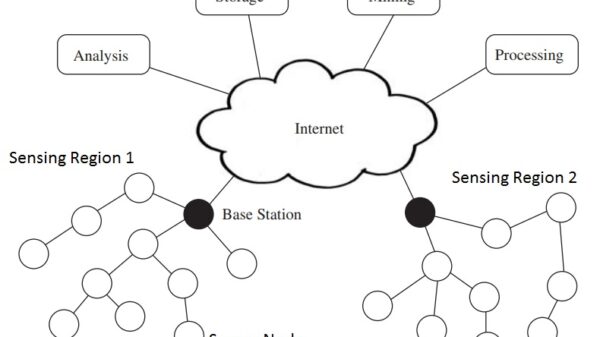The future of cryptography is a topic that is constantly evolving as new technologies are developed. In recent years, there have been a number of advancements in cryptography that have the potential to revolutionize the way we secure our data.
One of the most significant advancements in cryptography is the development of quantum computers. Quantum computers are capable of performing calculations that are far beyond the capabilities of traditional computers. This means that they could potentially be used to break current encryption standards.
In order to address this threat, researchers are working on developing new encryption standards that are resistant to quantum computers. These new standards are based on post-quantum cryptography, which uses mathematical problems that are believed to be intractable for quantum computers.
Another important advancement in cryptography is the development of homomorphic encryption. Homomorphic encryption allows data to be encrypted and then processed without decrypting it first. This means that it can be used to perform calculations on encrypted data without revealing the underlying data.
Homomorphic encryption has a number of potential applications, such as secure voting and financial transactions. However, it is still a relatively new technology and there are a number of challenges that need to be addressed before it can be widely adopted.
In addition to these technological advancements, there are also a number of social and political factors that are likely to impact the future of cryptography. For example, the increasing use of cryptocurrencies has led to a growing demand for secure and private ways to store and transfer money.
As the world becomes increasingly interconnected, the need for secure communication and data storage is only going to grow. Cryptography will play a vital role in ensuring that our data is protected in the future.
Here are some of the implications of these advancements in cryptography:
- Increased security: Cryptography can help to protect our data from unauthorized access. This is important for both individuals and businesses.
- Improved efficiency: Cryptography can be used to improve the efficiency of communication and data storage. This can save time and money.
- New possibilities: Cryptography can enable new possibilities, such as secure online voting and financial transactions.
However, there are also some potential risks associated with cryptography:
- Increased complexity: Cryptography can be complex and difficult to understand. This can make it difficult to implement and use correctly.
- Increased vulnerability: If cryptography is not implemented correctly, it can be vulnerable to attack. This can lead to data breaches and other security incidents.
- Government regulation: Governments may regulate cryptography in order to protect national security or to enforce laws. This could limit the availability and use of cryptography.
Overall, the future of cryptography is bright. Advancements in technology and social trends are creating new opportunities for cryptography to be used to protect our data and enable new possibilities. However, there are also some potential risks that need to be considered. By understanding the potential benefits and risks of cryptography, we can make informed decisions about how to use it to protect our data and our privacy.















